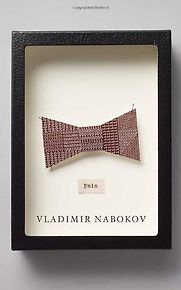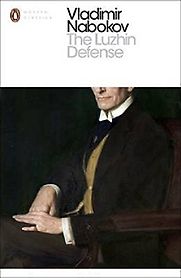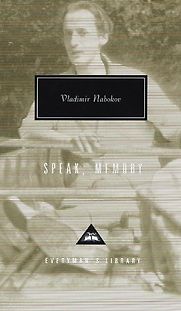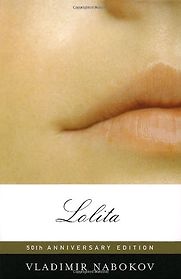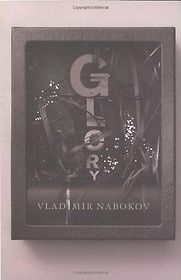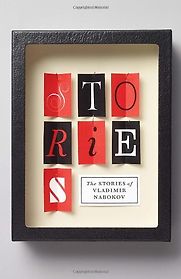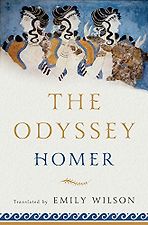Recommendations from our site
“One thing I was really torn on was that I initially wanted to include an American novel from a writer born outside the country, because some of the clearest-eyed books about America come from these writers. Right up until late I had Pnin (1957) on the list, because I don’t think anyone else describes America like Nabokov does. I’ve always perceived the American landscape in Nabokov as having the qualities of a diorama: a façade of buildings, roads and cars that is scrupulously presented, and where the relations between every visible object are very clear and well-defined. And then threaded through that you have this seam of psychological chaos that is never fully absorbed into the materials of that landscape; and the tension that is produced, which I suppose could also be one definition of the immigrant writer’s experience, is where the work comes from.” Read more...
“The main character is a Russian professor at an American college, and the novel is to a large extent about Russian culture misunderstood by Westerners. But it is also a truncated love story with a moral dilemma. Pnin himself is not Jewish but Mira, once Pnin’s beloved, is Jewish, and she died in Buchenwald. The story is punctuated by the tension of his trying to forget and being incapable of unremembering. Nabokov was one of the very first American writers to write extensively about the Shoah in a work of fiction. Nabokov wrote Pnin in the 1950s and parts of it were published in the New Yorker, so it is astounding how far ahead of his literary contemporaries Nabokov was in his thinking about the Shoah and how it might be remembered and memorialised.” Read more...
Maxim D Shrayer, Literary Scholar
